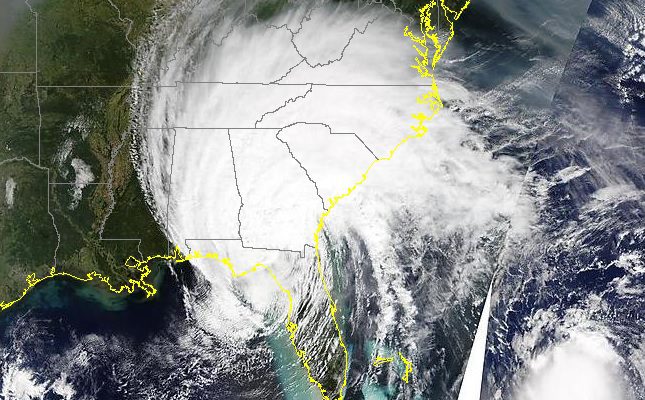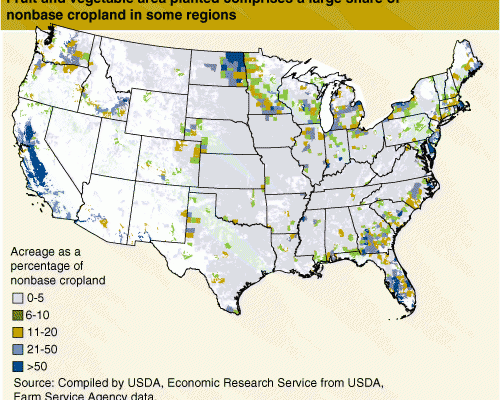Climate science
-

One of the things that weather events of the past month have taught us is that our society is not prepared to deal with extreme weather that we already know from experience is happening now. Over 60 inches of rain near Beaumont TX in just a couple of days! Winds of 185 mph in Puerto…
-

Business Insider has a very good article describing the reason why this Atlantic tropical season has been so active and what it might mean for the rest of this season. The story looks at the lack of wind shear aloft which can “blow the top off” of developing storms, and the unusually warm ocean water…
-

When I was in college I spent a month traveling to Hawaii to learn about geology. Ever since, I have been intrigued by the islands and hope to go back there some day. Here is a look at recent climate trends in Hawaii and how they are affecting the islands there from NOAA at https://www.climate.gov/news-features/blogs/beyond-data/hawaii-and-pacific-islands-2017-has-been-anything-normal.
-

If you grow specialty crops in the Southeast, you may be interested in this pair of studies which look at the vulnerability of specialty crops in California and in the Midwestern US to changes in climate that are expected to occur over the next fifty years, including changes in the temperatures and growing seasons as…
-

The USDA Southwest Regional Climate Hub’s recent newsletter noted an online article that may be of use to some of you in looking ahead to planning for the future. This is especially important if you are considering purchasing land or switching to new crops which may respond differently to climate than what you are growing…
-

Volcanologists and climatologists are watching the impending eruption of Mount Agung in Bali closely to see how soon it might erupt and how strong the eruption might be. Agung last erupted in 1963 and caused several years of below-normal weather following the strong eruption. The most recent large tropical volcanic explosion was Mount Pinatubo in the…
-

The USDA’s Southwest Regional Climate Hub has a new online curriculum on agriculture and climate change available for K-12 educators and students. I haven’t had a chance to look at it yet, but even though it was written for the Southwest, I’m sure it contains information that would be valuable to the Southeast as well.…